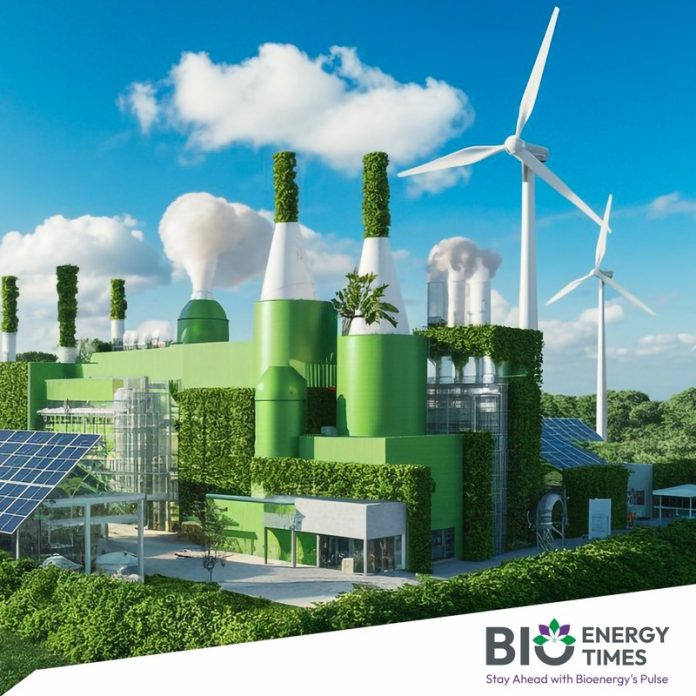The Organisation of Arab Petroleum Exporting Countries (OAPEC) has launched a new initiative aimed at supporting the development of hydrogen across its 11 member states, under a recently announced ‘Hydrogen Guidance Initiative’, reported H2-View.
Headquartered in Kuwait, OAPEC coordinates energy policies among Arab nations. The new initiative will address key challenges in hydrogen development, including supply chain logistics, integration with renewable energy, data sharing, and adopting global best practices. It will also encourage scientific innovation, focusing on electrolysis and carbon capture technologies.
The push comes after the third annual OAPEC symposium, titled “Global and Arab Hydrogen Developments: Trends, Challenges and Opportunities,” held in Cairo. The event brought together energy experts and policymakers to discuss the region’s role in the evolving hydrogen economy.
While some OAPEC members—such as Egypt, Saudi Arabia, and the UAE—have already made significant strides in hydrogen production and infrastructure, others like Algeria, Tunisia, and Libya are still in the early stages. The new guidance is expected to help bridge this gap and foster greater collaboration across the region.
Recent deals underline the momentum. Egypt signed a €7 billion ($7.6 billion) agreement with France to build a green hydrogen facility, and the UAE is moving forward with a green hydrogen-based steel pilot project as part of its plan to produce 1.4 million tonnes of hydrogen annually by 2031.
Global consulting firm McKinsey estimates that hydrogen demand in the Middle East could reach 660 million metric tonnes per year by 2050.
Countries with significant hydrocarbon reserves are likely to focus on producing blue hydrogen—hydrogen made from natural gas with carbon emissions captured—since it allows them to repurpose existing fossil fuel infrastructure. However, this requires major investment in carbon capture, utilisation, and storage (CCUS) technology to stay competitive.
Experts suggest that while green hydrogen—produced from renewable energy—may become cost-competitive after 2030, nations with abundant zero-carbon energy sources could benefit from early investments in green hydrogen as a long-term hedge against uncertainties around blue hydrogen’s future costs.














